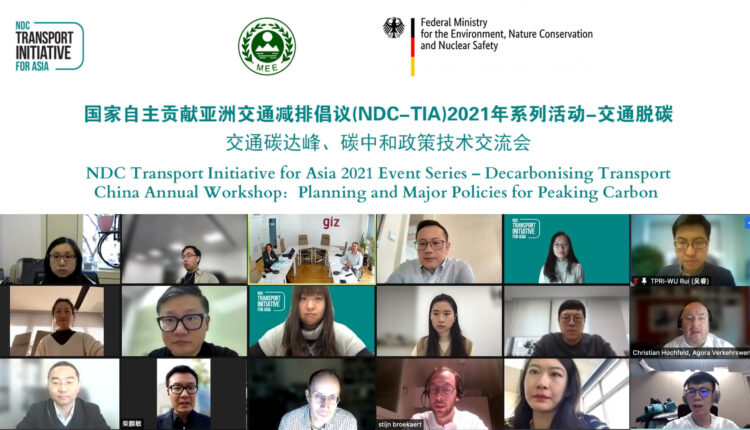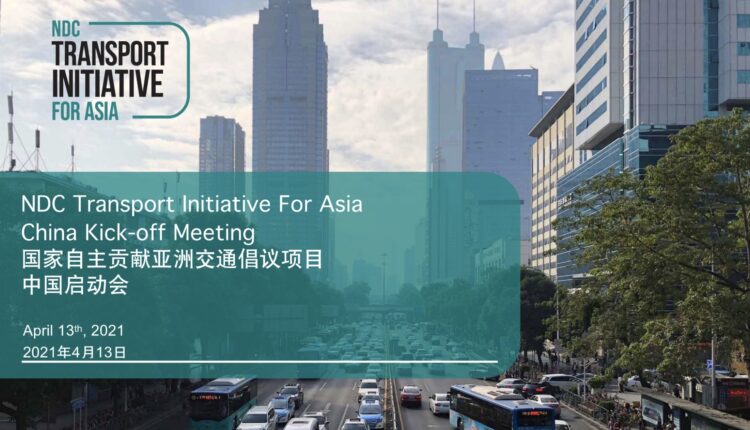The transport sector is a major source of GHG emission and air pollution around the world. To attain the goals set by the Paris Agreement and limit the global average temperature increase to well below 2 °C, proactive decarbonization measures are needed.
In Asian countries, transport-related emissions are expected to increase over the next decades. Properly controlling transport-related air pollution will bring the co-benefits of GHGs emission reduction. Large Asian countries have demonstrated the resolution to drive change. The “Law of the People’s Republic of China on the Prevention and Control of Atmospheric Pollution” and the “Three-Year Action Plan to Win the BlueSky Defense War” have prioritized air pollution mitigation interventions. Against this backdrop, a behavioral and technological paradigm shift in the transport sector is in sight. China, Vietnam, and India have started the transformation and incorporate transport-related decarbonization actions in their NDCs. Governments also realized that comprehensive mitigation measures are necessary and can lead to other sustainable development benefits such as congestion alleviation; however, taking comprehensive measures is challenging in the transport sector, because responsibilities are often scattered among different ministries and levels (national, provincial, municipal) of governments.
The NDC Transport Initiative for Asia is a project jointly carried out by seven organizations and will primarily engage in China, India and Vietnam. It aims at promoting a comprehensive approach on decarbonizing the transport sector. In each of the partner countries, the consortium will support the local partners in facilitating and informing stakeholder dialogue processes and in developing coordinated actions for air pollution and GHG emission mitigation. Independent country components in China, Vietnam, and India will focus on the specific context of the respective country. As a regional initiative, the programme will disseminate knowledge and experiences from China, Vietnam, and India to other Asian countries and foster a regional discourse on decarbonising transport in Asia. On global level, the programme will disseminate and share experiences in the UNFCCC process.
China Component
The project goal of the China component is to support the Chinese partners on national and sub-national levels on the essential technical research and capacity building needed for elaboration of medium- and long-term emission reduction strategies and major emission reduction policies for GHGs and air pollutant mitigation in the transport sector. The project will also provide capacity building and global policy exchanges to Chinese partners.
The Ministry of Ecology and Environment (MEE) of China – as the political partner of the China component of the project – provides strategic guidance and work plan approval for the project. GIZ will coordinate the China component, which is being jointly implemented together with the World Resources Institute (WRI), the International Council on Clean Transportation (ICCT), and Chinese domestic research agencies and institutes. The implementation is further supported by the German transport think tank Agora Verkehrswende.
The China component includes two major tasks:
• Support the Chinese partners on technical research and capacity building needed for the elaboration of medium- and long-term strategies and major policies as well as with capacity building on co-control of GHG and air pollutants in the transport sector at the national level.
• Support the key provincial and municipal stakeholders on technical work essential for the development of medium- and long-term strategies, policies, and pilots on achieving air pollutant and GHG emission mitigation.
In addition, the project will ensure that the lessons learned and tools developed in China will be made available to other countries in Asia and globally.






